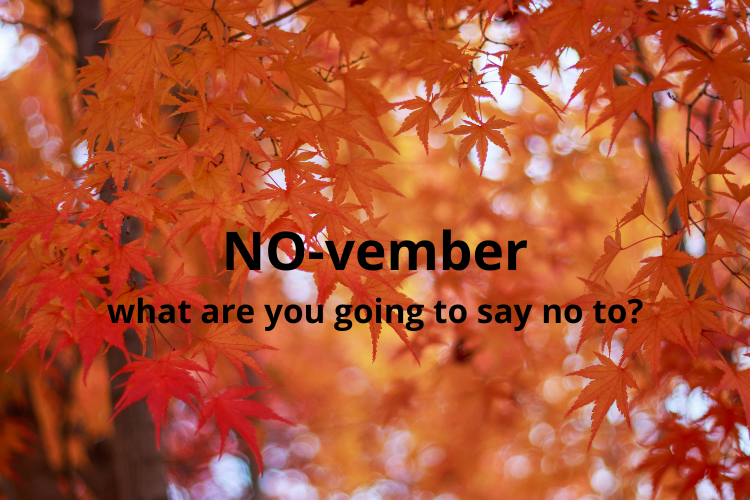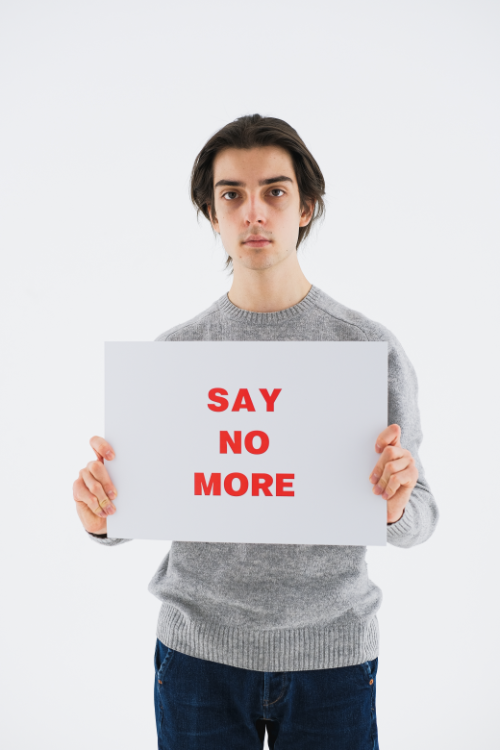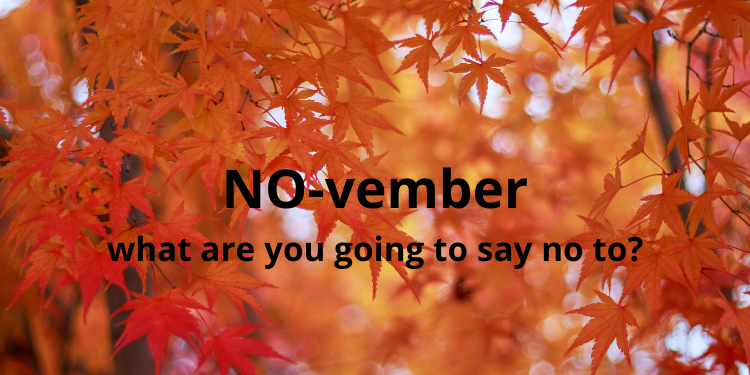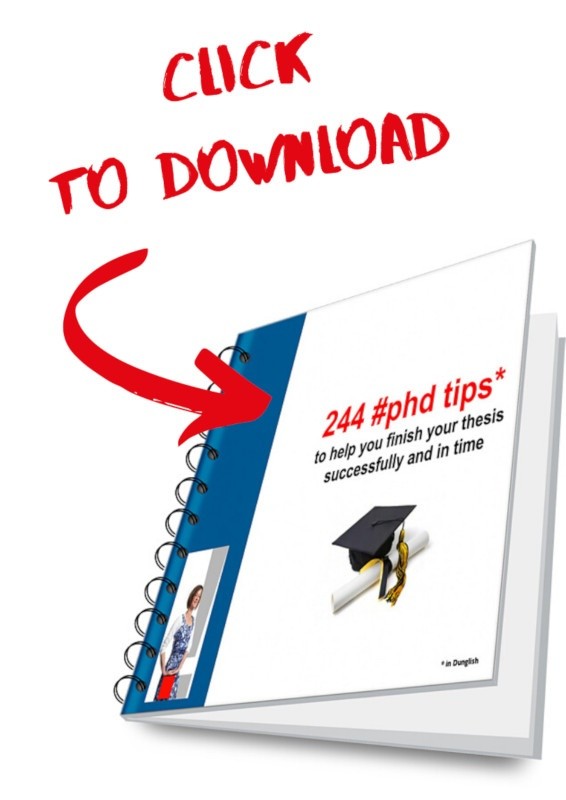“What’s in a name? That which we call a rose by any other name would smell just as sweet.”
Julia indicates with this world-famous line that a name is just a label and that a name, in itself, means nothing.
Are names important?
In the context of Romeo and Juliet, Julia expresses her frustration and laments the societal importance placed on names and family ties. The love between her and Romeo is sincere, regardless of their family names. That is also what the play is about: the feud between the Montague family – Juliet being a Montague – and the Capulet family to which Romeo belongs. The love of Romeo and Juliet is hindered by the hostility between their families. Or, perhaps a bit more dramatically: societal expectations and family ties ultimately lead to the premature death of the two lovers.
It’s, of course, a clever joke by Shakespeare that he has Julia say names are not important; he seems to think differently himself. Volumes have been written about the meaning and choice of names in his plays. A quick search on Google Scholar yielded hundreds of thousands of hits.
What’s in a name?
Looking at names can reveal all sorts of surprising things: everyone knows names that bring a smile to your face, like the travel agent Al Beback, or Justin Case, the insurance broker.
And sometimes, a name can also serve as a reminder.
We’ve been in the month of November for a while now, but have you ever read November in the following way?

The name NO-vember can be a fantastic reminder to ask yourself if you really want to say yes to something; perhaps it’s better to say no? Of course, I can’t fill that in for you, but it can be very useful to make a list for yourself of things you automatically say yes to when you might not want to. Do you automatically say yes to requests from colleagues or your supervisor? To distractions during work? To family? Does your work always come first, and are you perhaps a secret workaholic?
There’s nothing wrong with saying no
Chances are you also feel like there’s something wrong with saying no. That it’s impolite, unkind, or inappropriate. If you think about it a bit more deeply, you probably know that’s not true, but that feeling often makes it difficult to actually say no. The Wikihow gives some great tips. Or read what the Times Higher Education has to say about saying no and doing it successfully.
What can help? When you’re clear about what saying no brings, it becomes easier. Does it give more free time, more peace, more joy? Write that down on the list above: what is the benefit of saying no? It works just like the mechanism in a decision detox: once you have clarity, have made a choice, you don’t have to think about it anymore, and life becomes much easier.
The more you practice, the easier it becomes, saying no. Chances are you’ll become a more enjoyable person!





